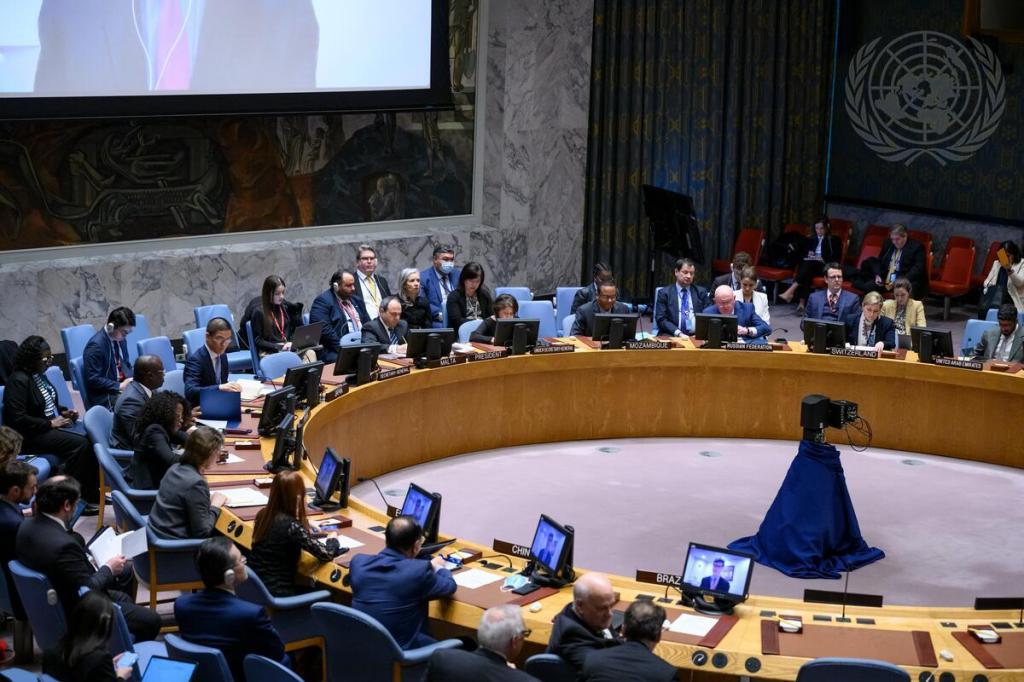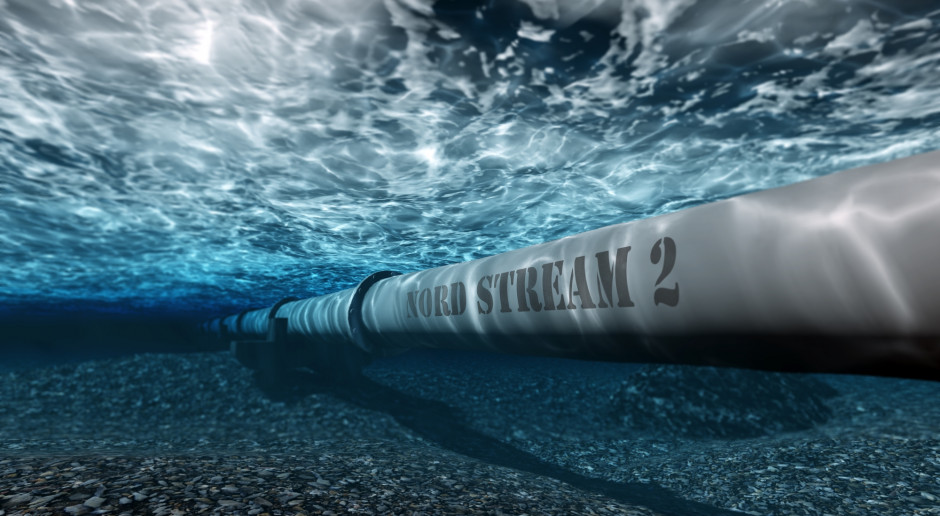On September 26, 2022, three strings of the Nord Stream 1 and Nord Stream 2 Baltic Sea pipelines were destroyed by explosive devices. Since then, a fierce dispute has erupted over the authorship of this suspected terrorist attack on a critical energy infrastructure. Especially since the publications of the world-renowned investigative journalist Seymour Hersh at the beginning of February 2023, which are intended to prove the perpetration of the USA on the orders of US President Biden, the pressure to clarify the course of events of this immense act of sabotage has increased dramatically. Since then, there has been much back and forth, but to the astonishment of many, no results have yet been presented. The patience of those who want to know the truth is fading fast, and the credibility of the parties involved in the investigation, including Germany, is diminishing rapidly. There has been, among other things, a topical debate in the German Bundestag and a special session of the UN Security Council calling for the establishment of an international commission of inquiry led by the UN and sharply criticizing the lack of any investigative results from the institutions active to date. Such an investigative commission should be established as soon as possible.

Let us look back: In October 2022, just days after the pipelines were destroyed, German Interior Minister Nancy Faeser (SPD) had announced a joint investigation team, because all indications had pointed to acts of sabotage on the Nord Stream pipelines, she told the major German news daily Bild am Sonntag. The minister further declared that German authorities would form a joint investigation group with Denmark and Sweden, under EU law, to which all three states would send investigators. Furthermore, German Justice Minister Marco Buschmann stated that the perpetrators should be investigated and be brought to justice in Germany. These were pithy words under the first impression of the outrageous TV pictures of natural gas bubbles in the Baltic Sea escaping from the blown pipeline. But then things quickly quieted down. Even after several months, the German authorities have either not investigated anything or the release of initial results is being unnecessarily delayed.
The taking of evidence is supposed to have been completed long ago. In a recent German media report, it became known that under the direction of the Attorney General Peter Frank, the Federal Prosecutor’s Office, with the support of two research vessels, had taken water and soil samples at the respective explosion sites in the Baltic Sea, as well as remains of the pipelines, and that the crime scene had been comprehensively documented. Frank was only quoted as saying, „We are currently evaluating all of this forensically. Sweden and Denmark are conducting their own investigations, but we are in contact.“ But why are even much less well-equipped organizations faster than the German government? For example, the environmental organization Greenpeace had taken its own underwater pictures at the end of November 2022 with the help of a ship and a diving robot and documented details of the destruction. An explosives expert who did the analysis for Greenpeace then reported that circa 200 to 400 kg of explosives had been used for the section under investigation. Greenpeace criticized the fact that there was hardly any information from the federal government about the background to the explosions on the pipelines.

So far, the countries of Denmark, Sweden and Germany have each launched their own investigations, without a joint investigation team ever being established. Sweden had not agreed to the German government’s proposal. The German Attorney General just recently stated that it was not possible to say who was responsible for the explosions based on the current state of the investigation. And this despite the fact that the German Federal Intelligence Service (BND) had evaluated which ships and aircraft were in the vicinity in the days and weeks before the blast. Allegedly, however, there was no hot lead. On December 21, 2022, however, a European official told the U.S. daily Washington Post that there was no evidence that Russia was behind the acts of sabotage. The person allegedly echoed the assessment of 23 diplomatic and intelligence officials from nine countries who had been asked to provide information. „The claim that Russia attacked the pipelines makes no sense to me,“ one of the Western European officials interviewed said in the Washington Post report.
In view of these stalling and delaying tactics, it is not surprising that the patience of some is beginning to wear thin. Members of the German Bundestag complained in a question and answer session on February 10, 2023, that for almost half a year the federal government has not provided parliamentarians with any information in their questions regarding the possible perpetration of the attack on Baltic Sea pipelines. It seems as if the federal government lacks the will for a real clarification of the terrorist acts. Sevim Dagdelen, a member of parliament, called on the German government not to oppose the establishment of an international commission of inquiry, preferably under the auspices of the United Nations. A little more than ten days later, on February 21, Russia indeed called for a special United Nations commission to investigate the explosions in a special session of the UN Security Council. In the 15-member council, however, only China fully supported the Russian call for a special UN investigation.

It is necessary to answer the many questions and concerns raised around the world, said China’s U.N. Ambassador Zhang Jun who attended the special session. The governments of Sweden, Denmark and Germany said in a letter to the Security Council that the investigation is still ongoing, and that, astonishingly, at this stage it was not even possible to say when it will be completed. The meeting eventually circulated a draft resolution calling on the United Nations to establish a commission of impartial and internationally respected, experienced jurists to conduct an impartial international investigation into all aspects of the act of sabotage.
It is safe to assume that the investigating state authorities, under pressure from the U.S., will remain silent on the matter for as long as it is at all possible. In view of this scandalous stalling in response to one of the largest acts of terrorism against vital energy infrastructure of an industrialized country, namely Germany, not only a complete clarification is indispensable, but also an investigation into the reasons why there is no further information apart from a reference to ongoing investigations.
Germany’s economy and population in particular are the main victims suffering from this situation. Affordable natural gas formed the basis for affordable energy supply in German households and industry for several decades. If the terrorist attack against the Nord Stream pipelines was indeed carried out by the U.S. in order to cut off Germany forever from competitive Russian gas and instead make it dependent on more expensive American LNG, we are dealing with an exorbitant act of economic sabotage.

The fact that Seymour Hersh’s sources provided the author with such a density of detail, particularly corroborating the credibility of the allegations, makes it clear that even some in the inner circle of the U.S. power elite are not comfortable with what has been hatched there. Any investigations must therefore also be directed against the institutions that Seymour Hersh listed in his exposé article, including, of course, the White House itself. There are already voices of experts such as Francis Boyle, professor of international law at the University of Illinois College of Law, who have called the act of sabotage against the Nord Stream pipelines a war crime and want to see an impeachment of the US president initiated. Whatever the consequences of the serious incident in the Baltic Sea, the truth will only emerge if the demanded impartial and transparent commission of inquiry is set up. It is high time after such a long delay.

